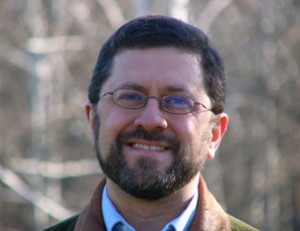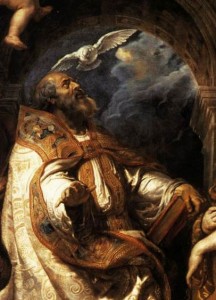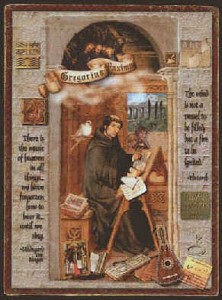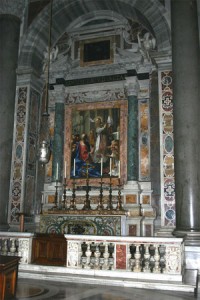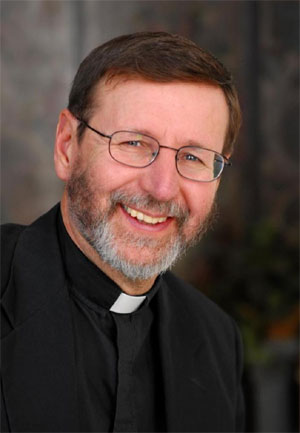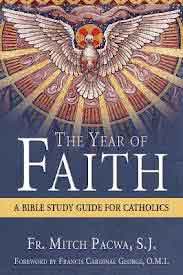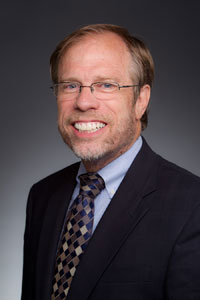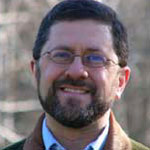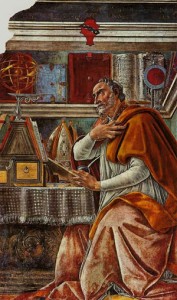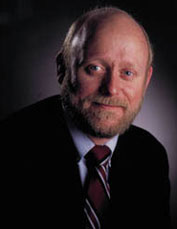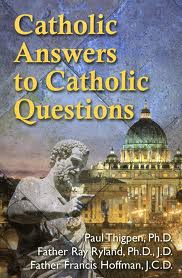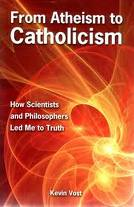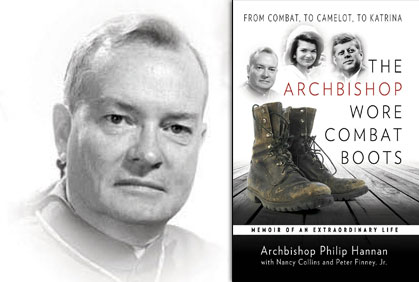Podcast: Play in new window | Download (Duration: 33:03 — 22.7MB) | Embed
Subscribe: Apple Podcasts | Spotify | Amazon Music | Android | Pandora | iHeartRadio | JioSaavn | Podchaser | Gaana | Podcast Index | Email | TuneIn | Deezer | Anghami | RSS | More

With Dr. Matthew Bunson, we discuss his book “St. Kateri: Lily of the Mohawks”. The humble daughter of a Mohawk chief and a Roman Catholic mother, Kateri (named after St. Catherine of Siena) Tekakwitha lived a short life (she died at the age of 24). She was a powerful witness to her Christian faith, so much so, that even the famed “black robe” Jesuit missionaries were awed “by her perfection of the virtues, her mystical prayer life, and her total love for Christ.” Her last words were: “Jesus, I love you.” No one tells a story like Dr. Bunson, and he doesn’t fail to captivate this time when describing the life of this remarkably holy woman.
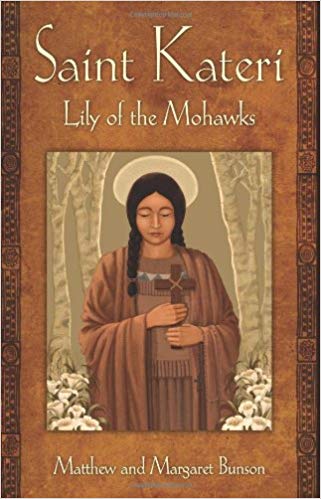 You can find the book here
You can find the book here
From the book description:
This authoritative account of the first Native American woman to be declared a saint by the Church is sure to inspire you. Discover an extraordinary young woman who was called by Pope Blessed John Paul II, God’s “bountiful gift” to His Church and a “sweet, frail yet strong figure of a young woman who died when she was only twenty-four years old: Kateri Tekakwitha, the ‘Lily of the Mohawks.'”
Kateri was beatified by Pope John Paul II in 1980 and canonized in 2012 by Pope Benedict XVI.
Kateri Tekakwitha’s faith and love for Christ in the face of overwhelming hostility and her own debilitating illnesses will encourage you as you seek God’s grace to overcome challenges in your own life! She is a powerful role model for converts to the Church, young people striving for chastity, and anyone looking to deepen their own prayer life. She is also a shining example that God’s call to holiness is truly universal and is heard by men and women in all walks of life and all ages.
Written by experienced and prolific authors Matthew and Margaret Bunson, St. Kateri: Lily of the Mohawks is the most definitive biography of Kateri Tekakwitha.
Experience the extraordinary stories of the French Jesuit missionaries, the famed Blackrobes,” in the wilderness of North America and the heroic conversions of the Native Americans to the Catholic faith. Follow Kateri’s life from when she contracted smallpox as a toddler – a disease that swept through her village – claiming her family and leaving her severely disfigured and half-blinded. Drawn to the Catholic faith by the Bible stories and teachings of the French Jesuits, Kateri amazed them by her perfection of the virtues, her mystical prayer life, and her total love for Christ.
Kateri Tekakwitha’s life of faith is an inspiration to everyone!

